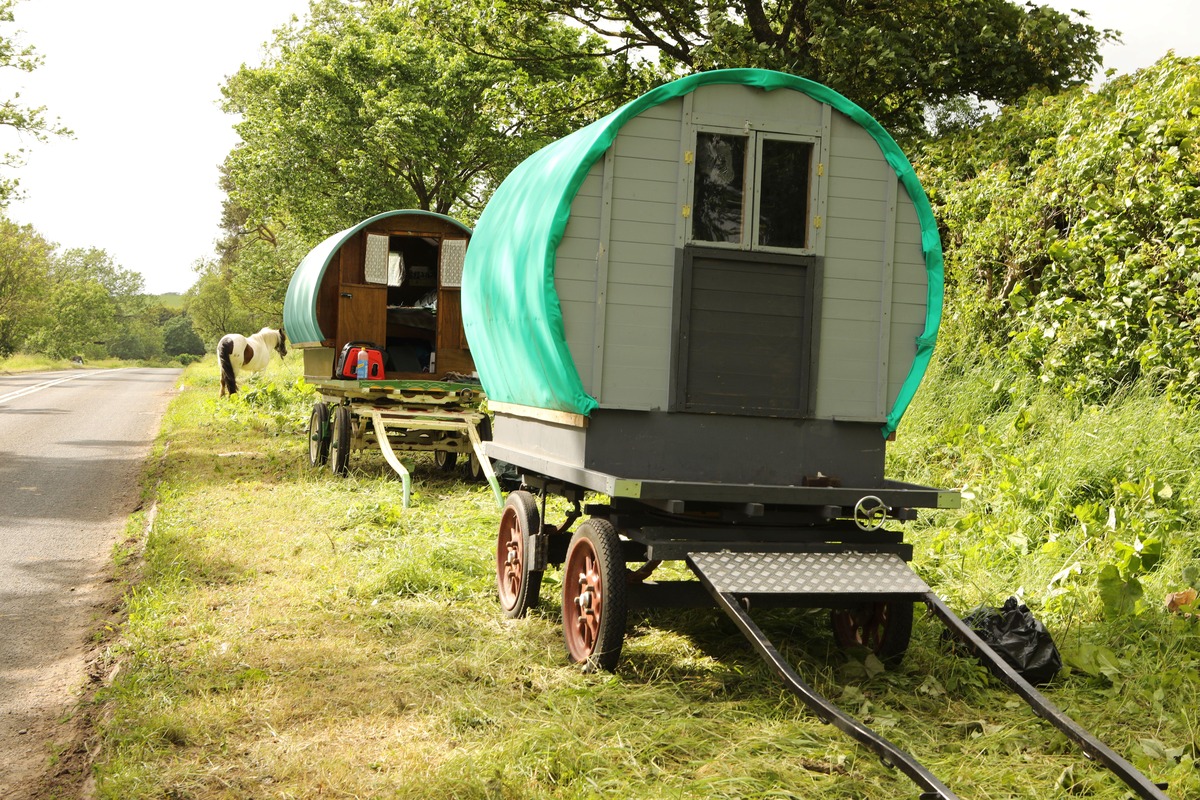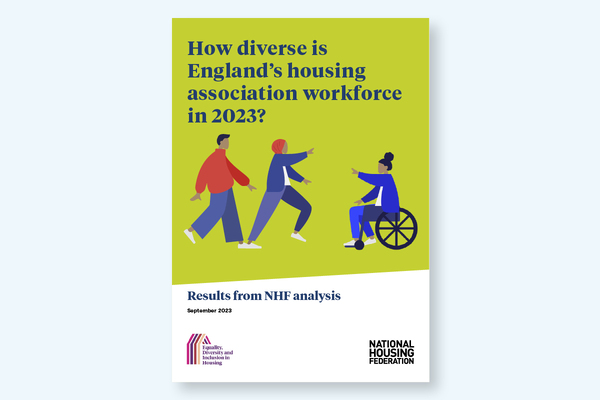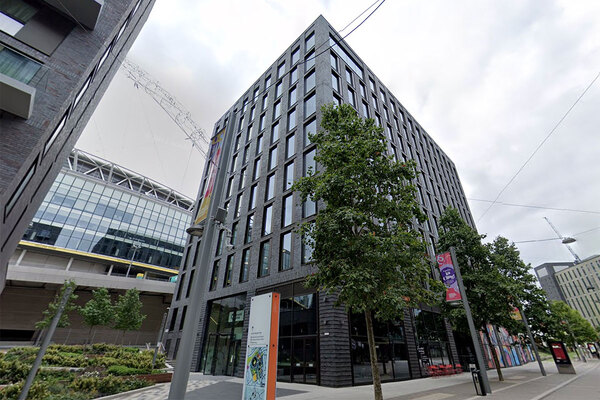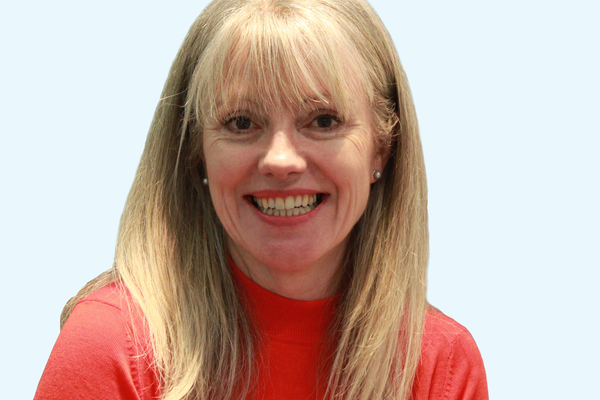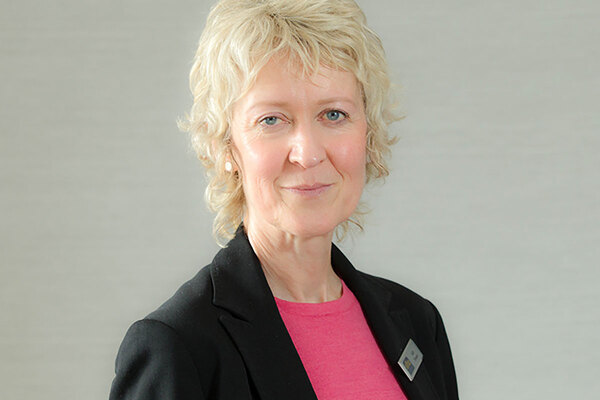
Felix Lynn is development manager at L&Q, and chair of staff disability network Ability
We need to raise awareness of the experiences of Gypsy, Roma and Traveller communities, to make sure they’re included in our housing policies
Felix Lynn talks about his experience growing up as part of the Irish Traveller community, and how GRT people still face discrimination today
When my parents moved to England in the late ’60s, the reaction to their arrival was a tale of two halves. Unable to read or write and from the Irish Travelling community, they were met with great prejudice by society. The relatives of a famous pipe player, they were welcomed wholeheartedly by their fellow Travellers. Bonding over stories of the ‘old country’, shared values and a passion for music, they settled in the North West to raise their family, where shortly afterwards, I was born.
Growing up in 1970s Manchester, I was taught to respect others, no matter what their background was. But even as a young child, I came to realise that such respect for the Travelling community was thin on the ground.
With my Irish brogue way of speaking, going to school was a matter of them versus us. My siblings and I learned to adopt English accents, but that didn’t stop the name-calling. Throw my visual impairment into the mix and I felt like I was a walking target.
‘No Blacks, no Irish’ signs were commonplace in the 1950s. In fact, they’ve left an indelible imprint on the collective memory of our community, often featuring in the personal testimonies of Travellers who settled in post-war Britain.
It’s disappointing to see that little progress has been made over the past few decades, as Traveller people continue to face prejudice. I myself have faced direct discrimination in the workplace – a damaging experience that has stayed with me.
According to studies, Gypsy, Roma and Traveller (GRT) people are more prone to poor health, educational, employment and housing outcomes, have a lower life expectancy, and are more likely to take their own life than any other ethnic group in the UK. The average life expectancy for a Roma traveller is 50 years old for both males and females. That is equal to what it was 129 years ago for women and 113 years ago for men.
“As GRT people struggle to balance their sense of identity with the demands of belonging in society, our culture is being eroded”
Contrary to popular belief, 75% of GRT people now live in bricks-and-mortar properties, and only about 5% are still nomadic. Others live in permanent caravan dwellings, where they pay rent, council tax, energy and water bills just like anyone else.
The fact that many Travellers do not have a secure place to call home, whether that be bricks and mortar or land to house their caravans, continues to cause issues around illegal encampments. As the new policing crime bill comes into force, this will create further segregation of an already marginalised section of society.
While I choose to live in a house due to my disability, I am proud to hold on to the values and traditions of my community.
Like any ethnic group, what defines GRT ethnicities is our culture. Traditions around food, reverence of community, and our music and arts make up our distinct identity. Growing up, the main part of my day was when we came together as a family for dinner. My father would go out and work from the early hours until late at night. He’d build bridges, roads and infrastructure – anything he could make a living out of and anything that meant we would eat tomorrow.
As GRT people struggle to balance their sense of identity with the demands of belonging in society, our culture is being eroded. Travellers are protected under the Equality Act, but apart from in Ireland, we are still not recognised as an ethnic group.
We are a proud and dignified people. We harbour a desire to change things. We have solutions, and we want people to listen to us.
I have seen the profound impact that a secure home and access to education can have on a person’s life chances. I was one of the lucky ones from my community: my education served as a springboard to pursue my passion for development.
That’s why L&Q’s mission resonates so well with me. Inclusion is one of our core values: we provide housing for diverse communities and Travellers make up some of our 250,000-plus resident base. Our cultural diversity network, Kaleidoscope’s, mantra is: “Embracing people in their entirety is the only way we can truly bring about change and eliminate discriminatory behaviour.”
Kaleidoscope has been influential in making real change at L&Q. When attending an executive group meeting, the network’s leaders made it clear that diversity and inclusion must be top of the agenda. Since then, Kaleidoscope has been routinely examining diversity and inclusion reports, and providing safe spaces for colleagues and residents to talk.
“Contrary to popular belief, 75% of GRT people now live in bricks-and-mortar properties, and only about 5% are still nomadic. Others live in permanent caravan dwellings, where they pay rent, council tax, energy and water bills just like anyone else”
Continuing in this vein, we need to draw on the strength and experience of residents from all ethnic minority groups to improve their access to our services – whether that’s adapting our language, providing training to colleagues, or tailoring our approach. We must question our unconscious biases to ensure we deliver the best outcomes for our residents. We also need to call out discrimination and not let it go unnoticed.
Since joining L&Q, I feel able to get up every morning and make a difference. Knowing that I am supported by my colleagues, who have embraced my ethnicity, has given me the confidence I need to be my most authentic self.
There’s much to do to stamp out the deep-rooted discrimination experienced by GRT people in society. It starts by recognising this is a problem and raising awareness of the stigma our communities face.
Felix Lynn, development manager at L&Q, and chair of staff disability network Ability
Sign up for our daily newsletter
Already have an account? Click here to manage your newsletters
